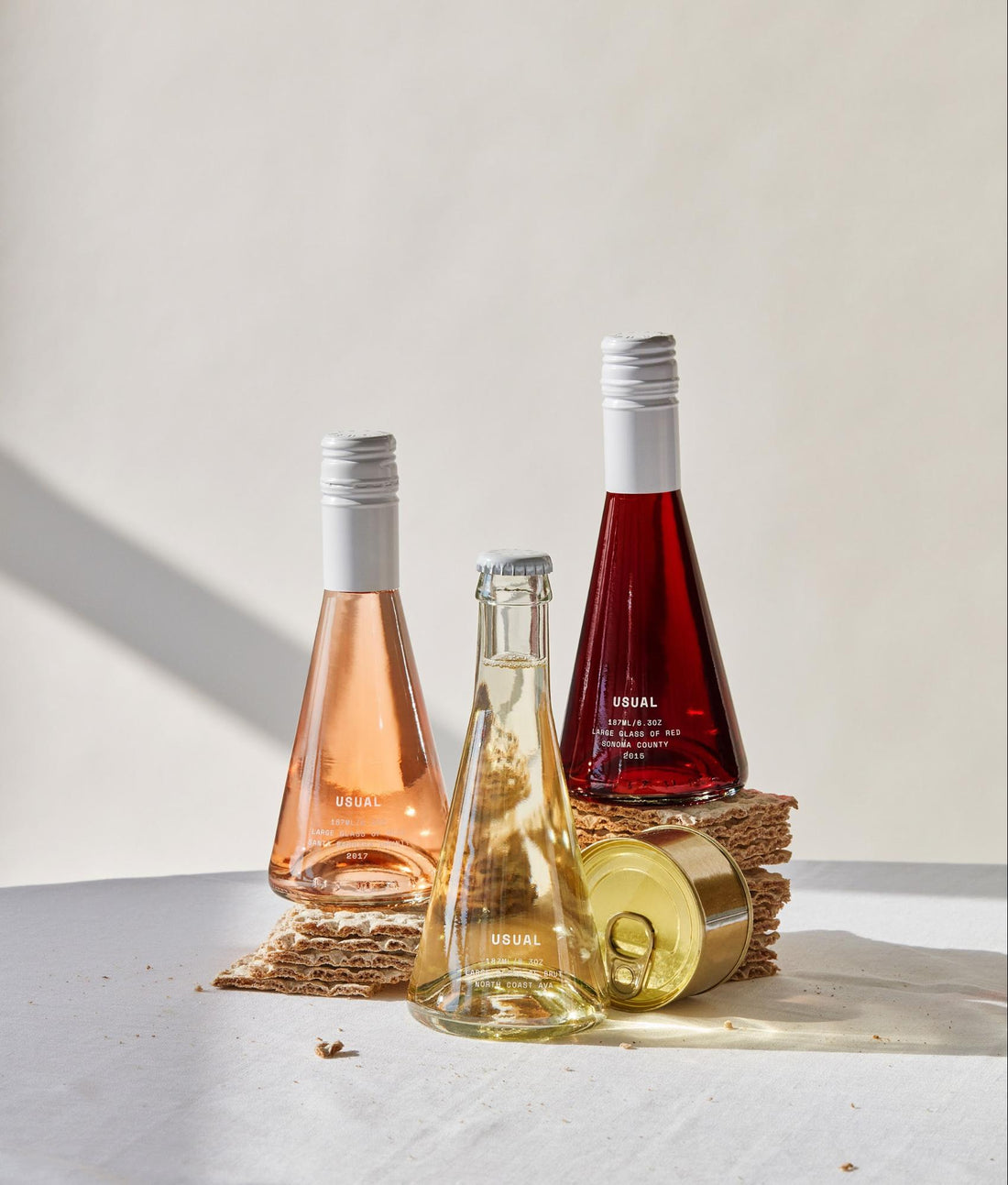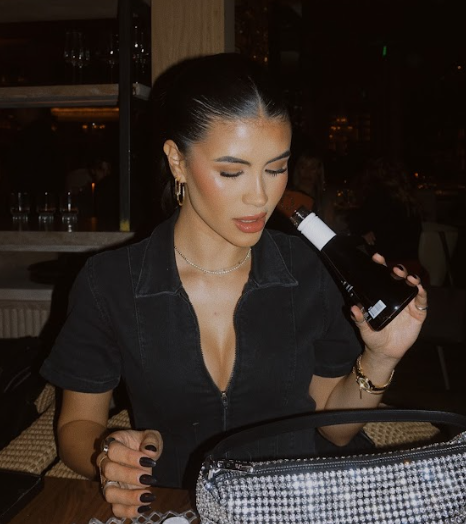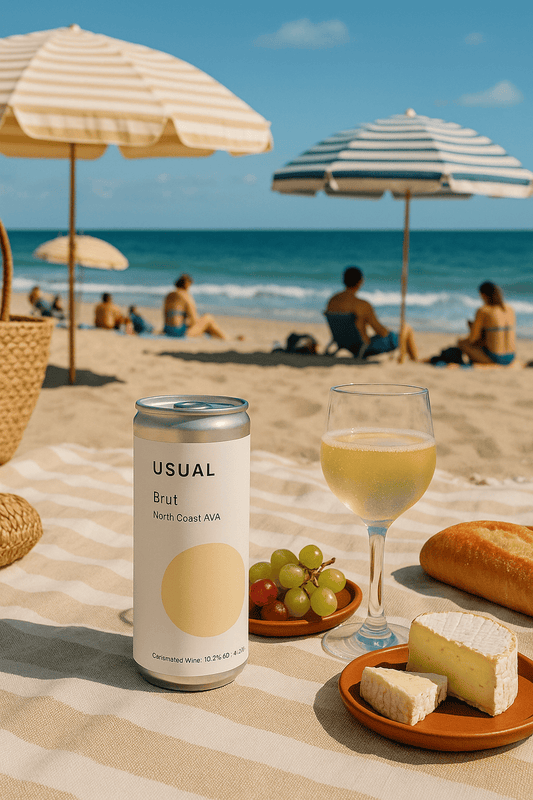
Is Wine Gluten Free? Exploring Gluten Content in Popular Wines
McKenzie HaganFrom bread to drinks to cosmetics and body products, it seems the whole world has gone gluten-free. Many people have jumped on the gluten-free diet bandwagon because of its reported health benefits such as weight loss and increased energy. But there are those who have been diagnosed with gluten sensitivity or a gluten allergy. For those with celiac disease, gluten is a severe allergen that can be life-threatening.
What Is Gluten and Is There Gluten in Wine?
But what is gluten, exactly? Gluten is a protein that you find in cereal grains such as wheat, rye, and barley. Much like its name sounds, gluten has a sticky, glue-like, and gummy consistency. Gluten is what gives dough its pliability and allows it to rise during baking. This protein also gives a chewy texture to different foods, which is why it's commonly used as a meat substitute for vegan and vegetarian food items.
At this point you might be wondering, is wine gluten-free? In a word, yes. But there are some exceptions that can make things a little problematic if you're trying to avoid gluten. Join as we explore the ingredients in wine as well as the different winemaking processes and additives that could lead to gluten in your wine.
Understanding Gluten-Free Ingredients in Wine
Unlike most beer that is made from gluten-containing grains such as malted barley, hops, and wheat, wine is made from grapes, which are naturally gluten-free. Other alcoholic beverages including distilled spirits like tequila, whiskey, bourbon, gin, and rum are also gluten-free, even though they're made from gluten-holding grains. (You can thank the distillation process for that.)
However, be warned that many wine coolers are not gluten-free. While you might think of wine coolers as fun and fizzy twists on wine, these sweet drinks are often loaded with other ingredients and contain gluten in the form of barley malt. Be sure to check the label as there's a strong chance that cooler is actually a malt beverage.
The Potential for Gluten in the Winemaking Process

While it's safe to say that the ingredients in wine are gluten-free, there are always exceptions to the rule. Depending on the winemaker and how the wine is made, there are certain processed additives (such as flavoring or coloring agents) and storage methods that could lead to gluten in the final product. Here's what you need to know before taking your next sip.
A Deeper Look into Fining and the Potential for Gluten
Nobody wants cloudy-looking wine, and the process of clarifying (commonly referred to as fining) makes sure to remove any unwanted particles from wine. To do this, winemakers add a substance that will bind to the unwanted particles, thereby making them large enough to filter out. While bentonite clay has become a popular (and vegan-friendly) option, most fining agents are animal-based. (Think egg whites and fish bladders. Yikes.)
Although it's not very common, gluten is another fining agent that can be used as an alternative to those that are derived from animals. However, this could potentially lead to gluten contamination.
Another process that can potentially introduce gluten into wine is the use of enzymes during fermentation. Some winemakers use enzymes derived from wheat or barley to aid in the fermentation process. These enzymes are used to break down complex sugars in the grapes, which can help to produce a more complex and balanced flavor profile. However, the use of these enzymes is rare and the gluten content would likely be minimal.
A medical study on the effects of red and white wines that were clarified with gluten or gluten derivatives found that there were trace amounts of gluten that could prove risky for those with celiac disease or gluten intolerance. However, another report published in the Journal of Agricultural and Food Chemistry found that very little (or no) gluten could be detected in wines clarified with a gluten-based agent.
Either way, if you want to be certain that there's no chance of gluten contamination, you may have to reach out to the winemaker to get a clear answer about their fining process.
Are Oak Barrels a Concern for Gluten in Wine?
From oak barrels to stainless steel, wine is stored in different containers. Oak has long been appreciated for the way it can enhance the colors and flavors of wine and add its own character and complexity.
However, if you're trying to avoid gluten, you should know that a small amount of wheat paste (which contains gluten) is used to seal those oak barrels. Fortunately, the risk of contamination is remarkably low.
For one thing, the seal typically doesn't touch the wine. And secondly, any trace amounts of gluten would be much less than 20 parts per million, which is the Food and Drug Administration’s (FDA’s) threshold for any product labeled "gluten-free." Also, it's worth mentioning that many wines these days use silicone or wax to seal barrels.
Navigating Gluten-Free Labeling and Hidden Ingredients
The Alcohol and Tobacco Tax and Trade Bureau (TTB) works in concert with the FDA to regulate wine sold in the United States. Per the TTB, wine and other alcoholic beverages can only have "gluten-free" on the label if it's made with ingredients that do not contain gluten.
However, if the beverage is created with grains that have gluten content, it must be labeled with the terms "treated," "processed," or "crafted" to remove gluten. With proper labeling, consumers can make an informed decision and understand that the product may contain gluten.
It's also important to know that not all wines are equal when it comes to potential gluten content. If you're especially sensitive, you may want to look for wines that are labeled as being made in a dedicated gluten-free facility. This ensures that there's no cross-contamination with gluten-containing products during the winemaking process.
Be sure to look for trusted brands such as Usual Wines, which makes wine the Old-World way, in small batches from sustainably farmed grapes with nothing artificial.
Is Red Wine Gluten-Free? A Word on Specific Wine Types

When it comes to the question, "Is red wine gluten free?" the answer is yes, for the most part.
While red, white, and rose wines are all naturally gluten-free, some types of wine may be more likely to contain gluten. Dessert wines and fortified wines, for example, may have additives or flavorings that contain gluten. Always check the label or contact the manufacturer if you're unsure.
Although wine doesn't contain gluten, it's important to realize that many conventional wines today are keeping lots of secrets about what's really in the bottle. In fact, there are more than 60-plus ingredients, including artificial colors, flavors, stabilizers, sulfites, and preservatives, that are commonly used to alter the look, feel, taste, and texture of wine. But unlike food labels, wine labels don't have to disclose what's really inside the product. That's why it's crucial to be very selective about the wine you drink, especially if you're seeking sulfite-free wine brands that prioritize transparency and natural ingredients.
Whenever possible, opt for organic wines, biodynamic wines, or other natural wines that are made without artificial additives. While these ingredients don't necessarily contain gluten, the truth is that they could be creating unwanted symptoms and reactions.
Be sure to look for trusted brands such as Usual Wines, which makes wine the Old-World way, in small batches from sustainably farmed grapes with nothing artificial. Unlike larger conventional wineries, we don't use mainstream manipulations that change the wine’s chemistry. Our wines are clean, meaning there is no added sugar, no concentrates, no colorants, and no preservatives.
Is Wine Gluten-Free? Yes, It Is. But Proceed With Caution
Going gluten-free has been a fad for some people, but it's an essential lifestyle for others. If you have celiac disease, an allergy to wheat gluten, or simply believe in the benefits that a gluten-free diet offers, then carefully monitoring what you eat or drink is critical. Fortunately, wine is naturally gluten-free and you don't have to give it up.
Still, it's important to understand that there are certain elements of the winemaking process that might result in gluten contamination. Fining and storage are the two most likely culprits of gluten getting into your wine, but they are most likely harmless. Even so, it's always best to play it smart — and safe.
Be sure to check wine labels and research the winemaker if you're not sure about something. Also, only buy from brands that are transparent about their practices. Choose delicious gluten-free wines that you can sip and savor to the very last drop. After all, you want to enjoy — not worry about — what you're drinking.








